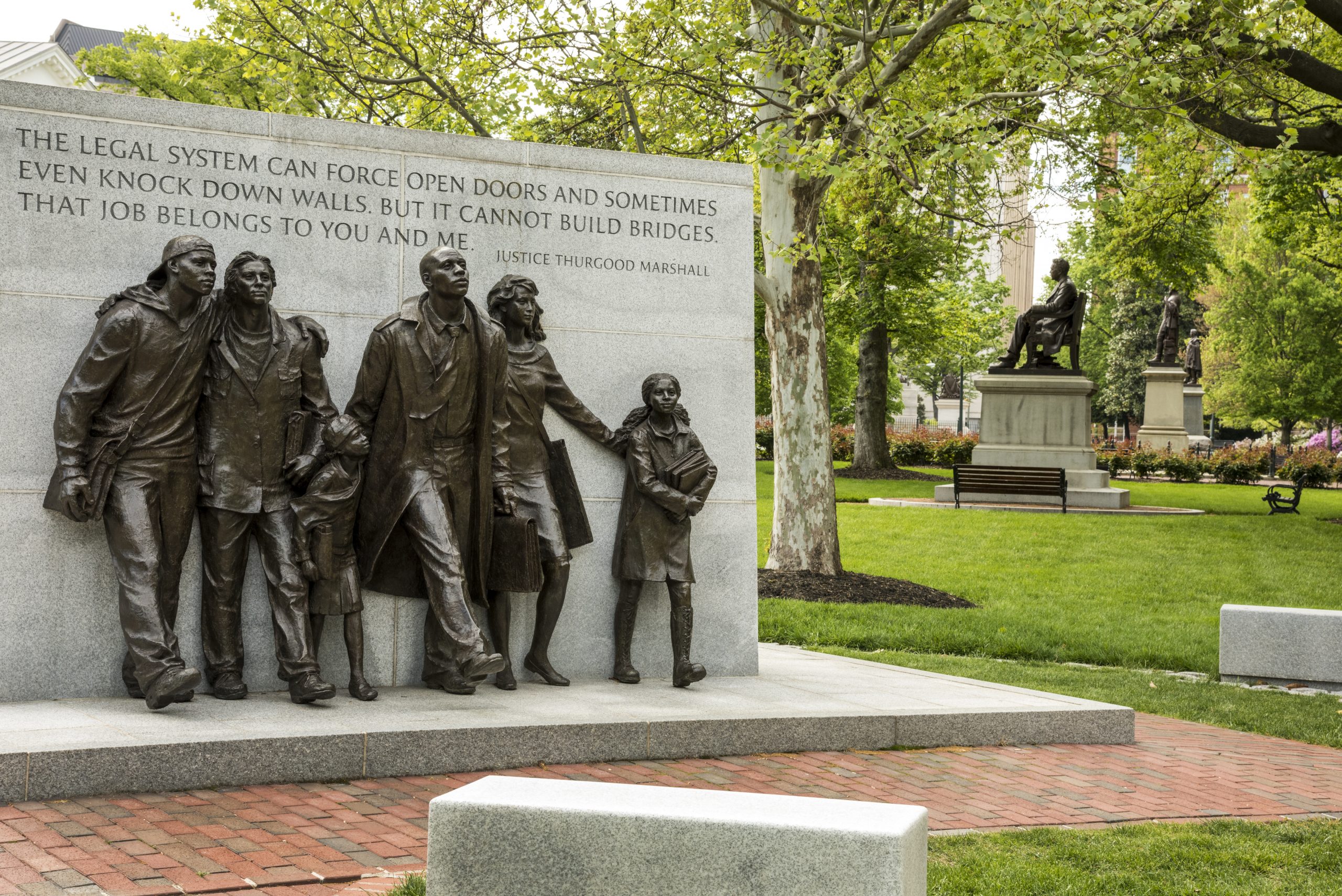Author: Pharis Sasa, MSIII Frank H. Netter School of Medicine, 2021-2022 REACH Chair
The history and continued impact of Medicare and Medicaid
Fifty-six years ago today, then President Lyndon B. Johnson signed Medicare and Medicaid into law. These two pieces of legislation are rightly remembered as the most consequential reforms to the American way of healthcare. Upon their introduction they provided insurance and access to care for millions of individuals who were in desperate need. Since then there have been a multitude of additions which have expanded eligibility and the types of services that are covered.
All of these changes have created an insurance system that covers nearly one out of every three Americans and provides care more efficiently than any other private insurance agency. While these accomplishments on their own would cement these two bills as some of the greatest pieces of legislation in the history of our nation, the true legacy of Medicare and Medicaid is their work in the desegregation of healthcare.
How Medicare and Medicaid helped to enforce desegregation
Though the Civil Rights Act had been passed the year before Medicare and Medicaid were established, hospitals—and many other institutions—still enforced racial segregation. Black patients were forced into separate entrances and waiting rooms and were made to see understaffed and under equipped providers. In some even more horrific instances, black patients in need were only able to receive care by acting as “teaching aids” for medical students—and were treated more like clinical vignettes than patients.
With the passage of Medicare and Medicaid, the federal government was able to tie the funding of these hospitals to their compliance with Title VI of the Civil Rights Act, therefore preventing discrimination based upon race or national origin. In less than a year, virtually all hospitals across America were desegregated and compliant with the Civil Rights Act.
What is the future of U.S. healthcare reform?
As we continue to work our way out of the COVID-19 pandemic, we find ourselves again in desperate need for healthcare reform. A recent study found that a third of deaths from COVID-19 were directly related to a patient’s lack of health insurance. Even more egregious, minority patients have experienced disproportionately worse outcomes and have had less access to care. The mood around these dialogues is often pessimistic as reforming such a massive industry seems daunting. However, we only have to consider the enormous changes made to healthcare from 1964 to 1965. Rapid and comprehensive change is possible, it only requires dedication to the cause.
TAKE ACTION
Call Your US House Representative & US Senators and urge them to protect and expand Medicare & Medicaid at (202) 224-3121
Tips When Calling Congress to Protect Medicaid & Medicare
This post is brought to you by the Race, Ethnicity and Culture in Health Action Committee. Learn more about their work and sign up for updates!

